
In today’s interconnected world, ensuring online privacy and security has become paramount. A Virtual Private Network (VPN) is a powerful tool that helps users protect their data and maintain anonymity while browsing the internet. While VPN software is widely available, understanding the variety of devices compatible with VPN technology is crucial for maximizing its benefits. This exploration delves into the diverse range of devices that can be seamlessly integrated with a VPN, offering a comprehensive overview of how to safeguard your digital footprint across multiple platforms.
10 Devices You Can Use With a VPN
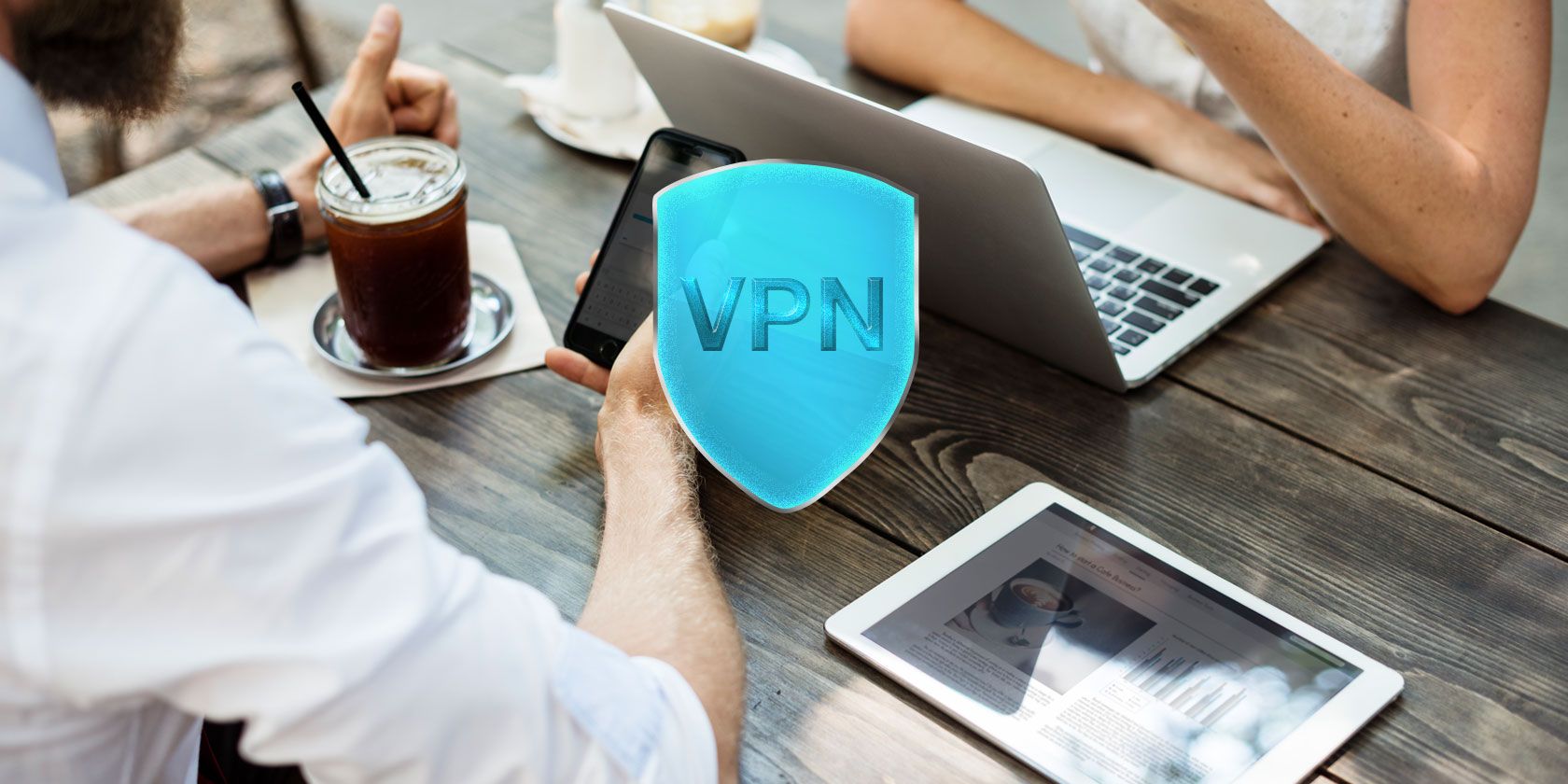
The versatility of VPN technology extends to a multitude of devices, each requiring a tailored approach for optimal integration. Personal computers, both desktops and laptops, are prime candidates for VPN protection. Installing VPN software directly on these devices creates an encrypted tunnel, shielding all internet traffic from prying eyes. Similarly, smartphones and tablets, which are frequently used on public Wi-Fi networks, are particularly vulnerable to cyber threats. Employing a VPN on these mobile devices provides a crucial layer of security, preventing data interception and ensuring secure communication. Gaming consoles, such as PlayStation and Xbox, can also benefit from VPN protection, particularly for bypassing geo-restrictions and enhancing online gaming experiences. By routing traffic through a VPN server, gamers can access content that may be unavailable in their region and reduce latency for smoother gameplay. Furthermore, smart TVs and streaming devices like Roku and Amazon Fire Stick can be configured to work with a VPN, enabling users to access a wider range of streaming content and protect their viewing habits from being tracked. The increasing prevalence of smart home devices, such as smart speakers and security cameras, presents new security challenges. These devices often transmit sensitive data over the internet, making them potential targets for hackers. Configuring a VPN on a router that connects all devices to the internet is a highly effective way to protect the entire network, including smart home devices. Routers with built-in VPN capabilities or those compatible with VPN software can encrypt all outgoing traffic, providing comprehensive security for the entire home network. In essence, any device that connects to the internet can potentially benefit from the added security and privacy offered by a VPN.
Protect your online data with this decentralized VPN device | ZDNET

Beyond software solutions, dedicated VPN devices are emerging as a compelling alternative for enhanced online protection. These devices offer a plug-and-play approach, simplifying the process of securing internet traffic for all connected devices on a network. Decentralized VPNs (dVPNs) represent a novel advancement in VPN technology, utilizing a distributed network of nodes to provide secure and private internet access. Unlike traditional VPNs that rely on centralized servers, dVPNs operate on a peer-to-peer network, making them more resistant to censorship and surveillance. These devices often boast enhanced security features, such as advanced encryption protocols and built-in firewalls, providing a robust defense against cyber threats. The decentralized nature of dVPNs also ensures greater user privacy, as data is not stored on centralized servers that could be vulnerable to breaches or government requests. The ease of use and enhanced security features of dedicated VPN devices make them an attractive option for individuals and businesses seeking a comprehensive solution for online privacy. By simply connecting the device to a router, users can instantly secure all connected devices on their network, eliminating the need for individual software installations and configurations. As cyber threats continue to evolve, dedicated VPN devices and dVPNs offer a proactive and reliable approach to safeguarding online data and maintaining digital freedom. This trend towards hardware-based VPN solutions highlights the growing importance of online privacy and the increasing demand for user-friendly and robust security measures.
If you are looking for 10 Devices You Can Use With a VPN you’ve came to the right web. We have 10 Images about 10 Devices You Can Use With a VPN like How to use a VPN, 10 Devices You Can Use With a VPN and also What is a VPN? – US Unlocked Virtual Debit Card USA. Read more:
10 Devices You Can Use With A VPN

www.makeuseof.com
Buy VPN For Privacy – Purchase Your VPN Today! #1 VPN 2024

www.vpn-accounts.com
vpn 7×7 accounts authentication
VPN – Student IT @ UniMelb
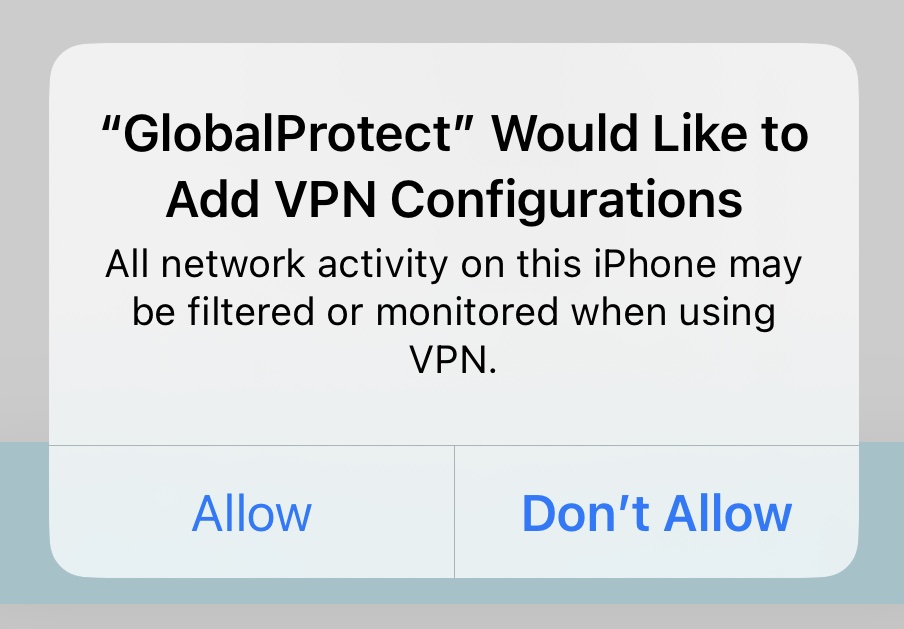
studentit.unimelb.edu.au
Setting Up The VPN On Your Android Device (Phone Or Tablet) | Division
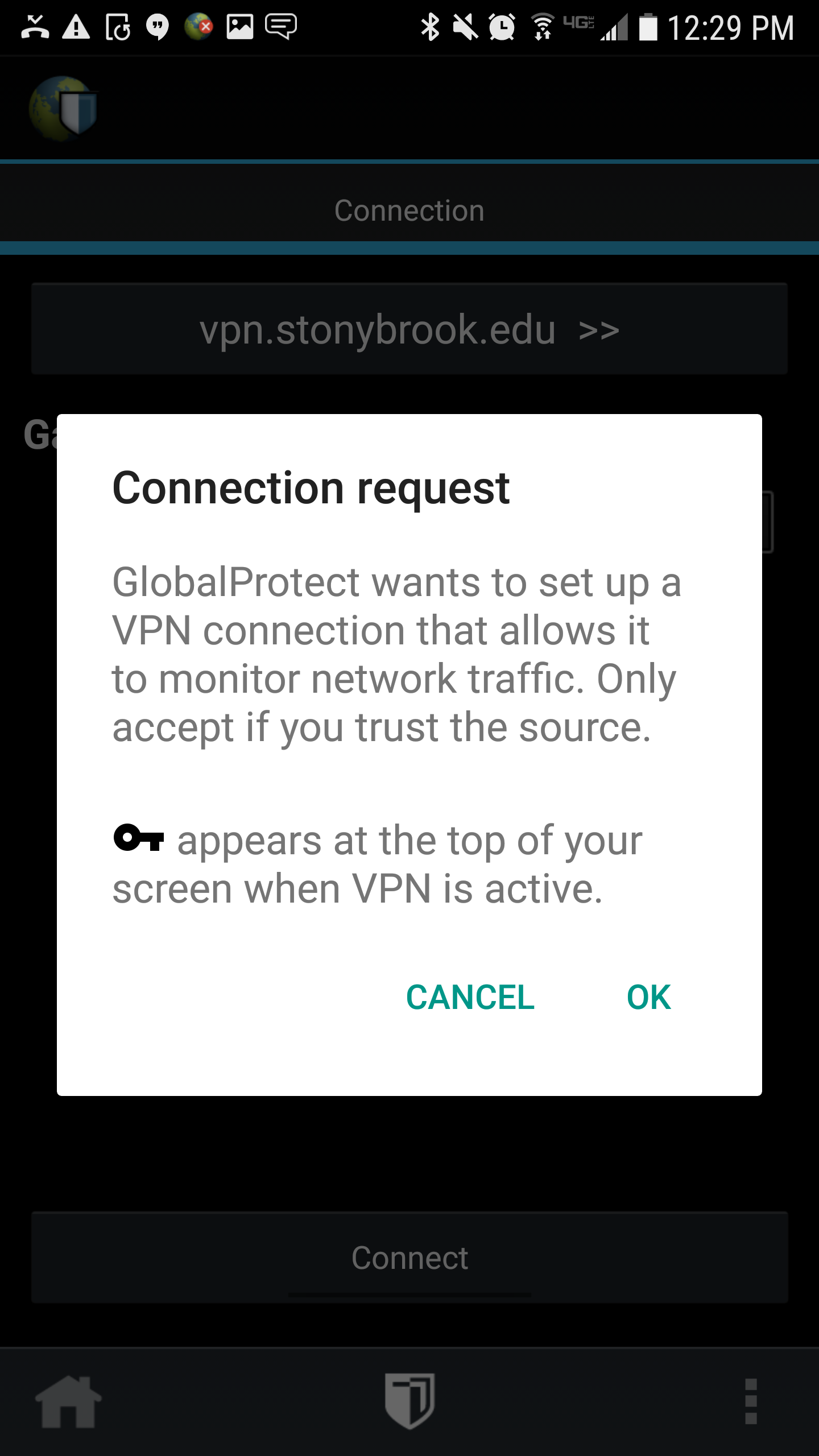
it.stonybrook.edu
vpn device tablet setting android phone up or be indicator connected near when will
VPN Free Multi-Device: Seamless Security Across Your Gadgets
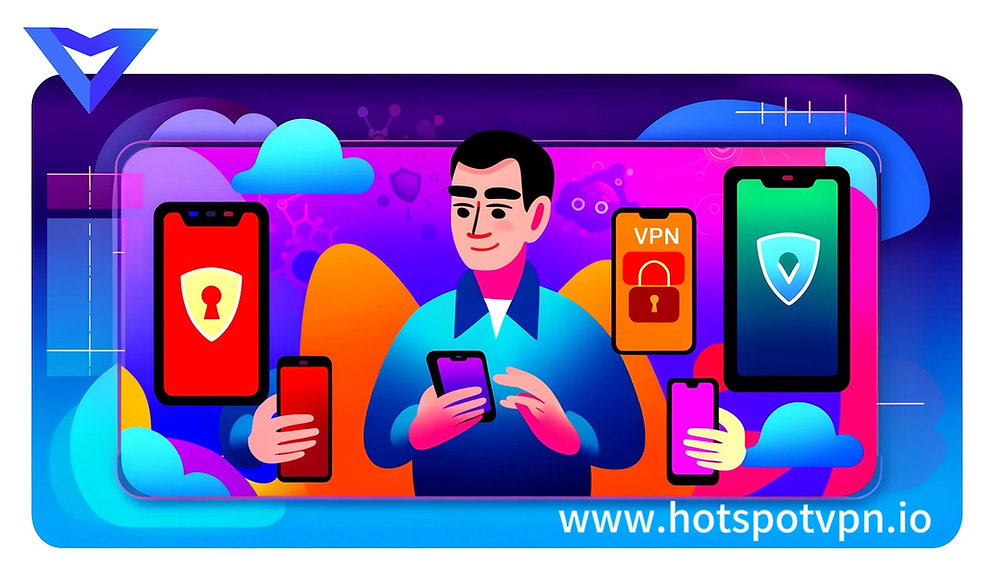
www.hotspotvpn.io
Always On VPN And Device Sharing | Richard M. Hicks Consulting, Inc.

directaccess.richardhicks.com
How To Use A VPN

www.cnbc.com
What Is A VPN? – US Unlocked Virtual Debit Card USA

www.usunlocked.com
vpn card
Protect Your Online Data With This Decentralized VPN Device | ZDNET

www.zdnet.com
Vpn – US Unlocked Prepaid Virtual Credit Cards

www.usunlocked.com
Vpn 7×7 accounts authentication. Buy vpn for privacy. Vpn card


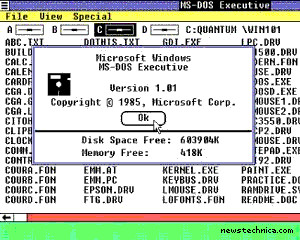
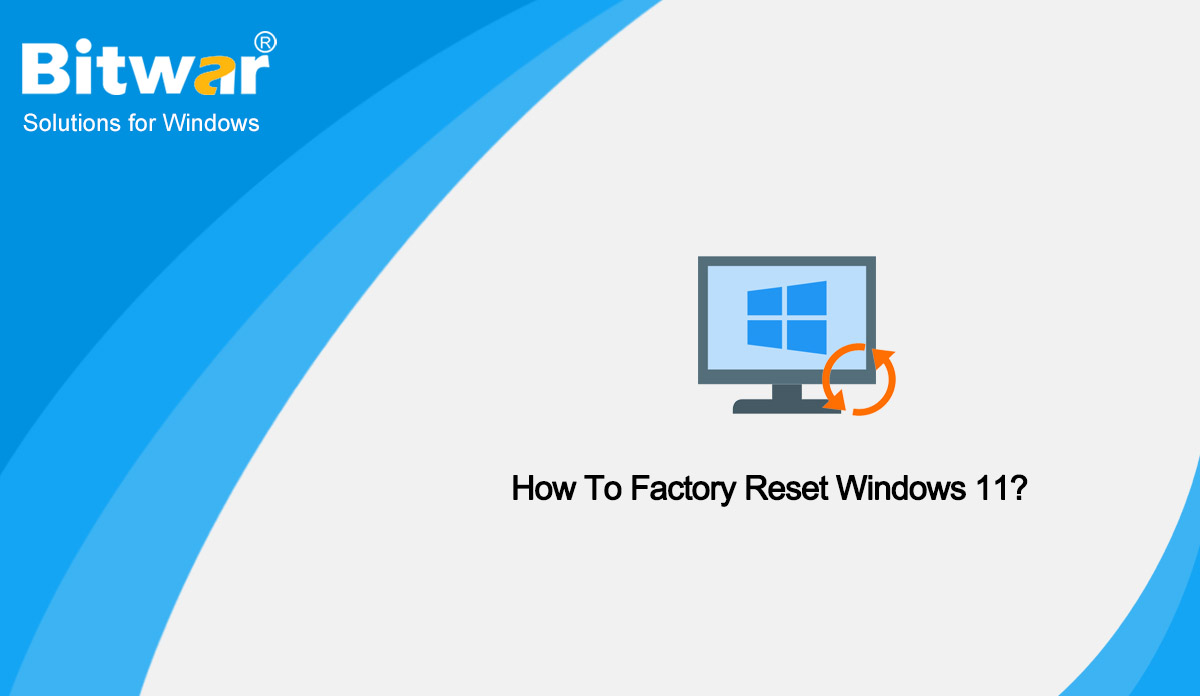
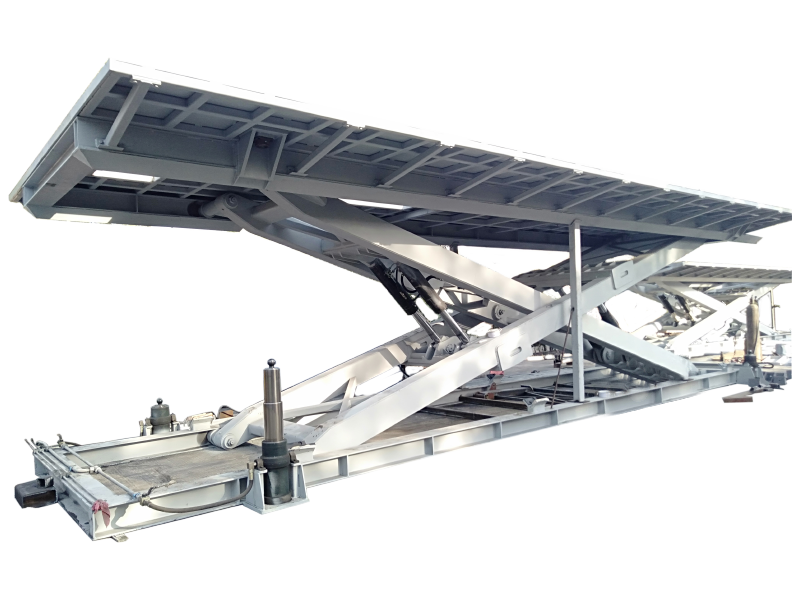


:max_bytes(150000):strip_icc()/008_how-to-factory-reset-a-lenovo-laptop-5115817-a67348722ce94f9783881ea29e596310.jpg)